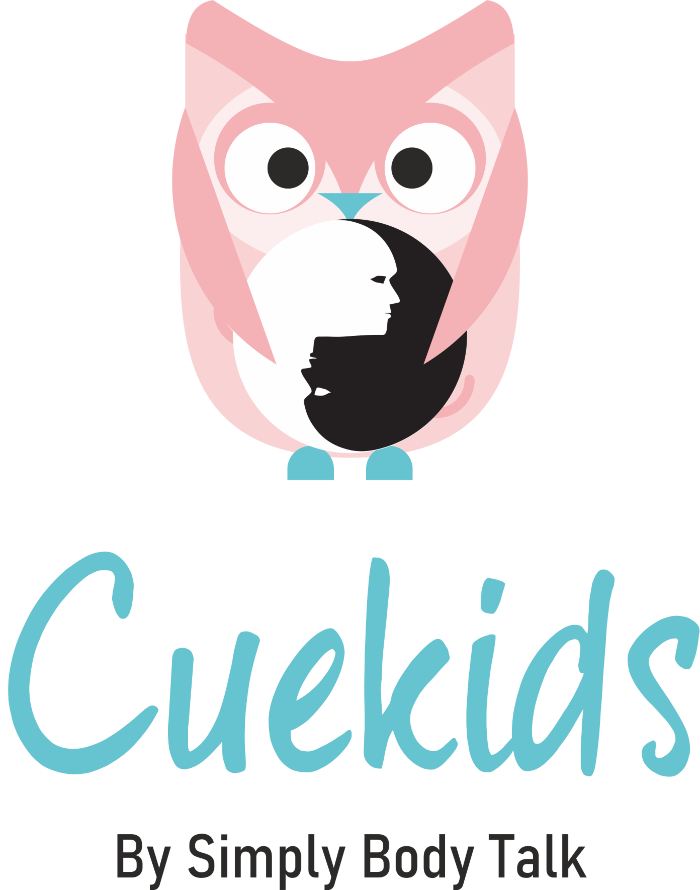We as parents often catch ourselves observing and sometimes even sharing with others, “My child is becoming his/ her own person now”. Their quirks, thought processes, behavior, and responsiveness to the environment leave us astonished more often than not. Your child’s personality starts developing at an early age of 2 years and these formative years of development play a crucial role in molding them into a unique individual.
Personality is not just about how well-dressed or well-groomed your child is, but it includes their patterns of thoughts, actions, and emotions. It is also influenced by their temperament and experiences.
There are many facets to a child’s personality, beginning with their self-confidence, courage, and self-esteem to how they treat and respect others. While some aspects of personality are inherent, a lot of it is developed through their experiences, social interactions, & relationships.
The child’s outlook on life, knowledge, social skills, interpersonal skills, etc. contributes to the building of a balanced personality. Parents, teachers, and caregivers have a perpetual responsibility to influence the child in developing positive personality traits.
What measures should be taken by parents to help their child develop a positive personality?
Children do not pick up values from endless lectures, but from mirroring their parents’ behavior. Therefore, the best way to give them a confident upbringing is to subtly push the agenda of positive personality traits in day-to-day actions. Here are some ways you can do it:
1. Be a good listener
With all the distractions, lists of things to do, phone buzzing and sometimes just our personal energy, it becomes difficult to be an active listener to your child. However, children can always tell whether or not you are listening and are interested when they are sharing through your body language and responses. Maintaining eye contact is a crucial part of active listening. You can further be a good listener to your child by allowing the space and time for them to share and also probing them with questions. Sometimes we as parents do not just need to hear the verbal communication but also their nonverbal, that is, the body language. Many messages children send are communicated nonverbally by their tone of voice, their facial expressions, their energy level, their posture or the changes in their behavioral patterns.
Strengthen Parent – Child Bond using Active Listening

2. Refrain from Comparing your child or labeling them
In the journey of becoming their own person, being compared with another kid will not just leave your child confused about their own identity & what is acceptable but also can make them feel that they are not good enough. More often than not, parents’ words about them become the ultimate truth for them. If we label them, they are likely to believe that’s who they are as a person and might continue to behave in ways that display those personality traits.
3. Teach them Emotions
Emotions play an important role in how we think and behave. These emotions influence the tiniest decision we take in day-to-day life to the life-changing ones. Developing Emotional Intelligence in early childhood can help build a strong sense of self and self esteem in your child. A child who is in tune with their own emotions will understand their actions and consequences; thus becoming more aware about their mistakes and learning how they can do things differently the next time. They are more aware about their strengths and what they are good at which helps build self confidence. Enhancing and building on your child’s Emotional Intelligence is going to increase the overall wellness and happiness of your child.
Read: 4 Simple Ways Children can Learn and Manage their Emotions
4. Model Right Behavior
One of the most natural ways of learning is observing behavior and imitating it. Parents are a child’s first role model. We may not even be aware but kids are constantly observing and learning from us. So as parents we should be consciously aware to practise what we wish to teach to enhance our child’s personality. If you wish for your child to eat his vegetables, make sure you eat them too while your child is observing.
5. Spend Quality time with them
In the digital age and times of reels sometimes we might miss out on spending real time with our kids. It is imperative that parents give attention to their child’s behavior and how they deal with tricky situations. Parents should promote sharing of thoughts and feelings, by holding that space for them through gentle parenting. We should take out some time to play with our children and expose them to experiential forms of learning. Parents should work towards building life skills such as problem-solving, social skills, decision making, confidence building, emotional intelligence for developing a holistic personality of their child.
Personality development is an ongoing process in which one may experience some temporary setbacks. A consistent effort toward inculcating positive values, behavior and attitudes is sure to pay off eventually which will give you the satisfaction of nurturing a well-rounded individual.
Know more about our Personality Development courses for Kids






[…] parent can help their child with public speaking techniques, as public speaking happens whenever we […]
[…] the long run. The first place of learning is your home. Parents are the first teachers. Parents can help children in building their personality. Children look up to their parents and take up a lot of […]
[…] and social inclusion in the face of current cultural anxieties. Children are more likely to perform better when their parents are actively involved in their schooling. The ideas listed above are only a few […]
[…] stories and discussing experiences: Parents can encourage children to share experiences of the stories they listen to or read. They can […]
[…] strong message across the world that parenting is for both mother and father. So for your child to develop to the fullest, fathers also need to be actively […]